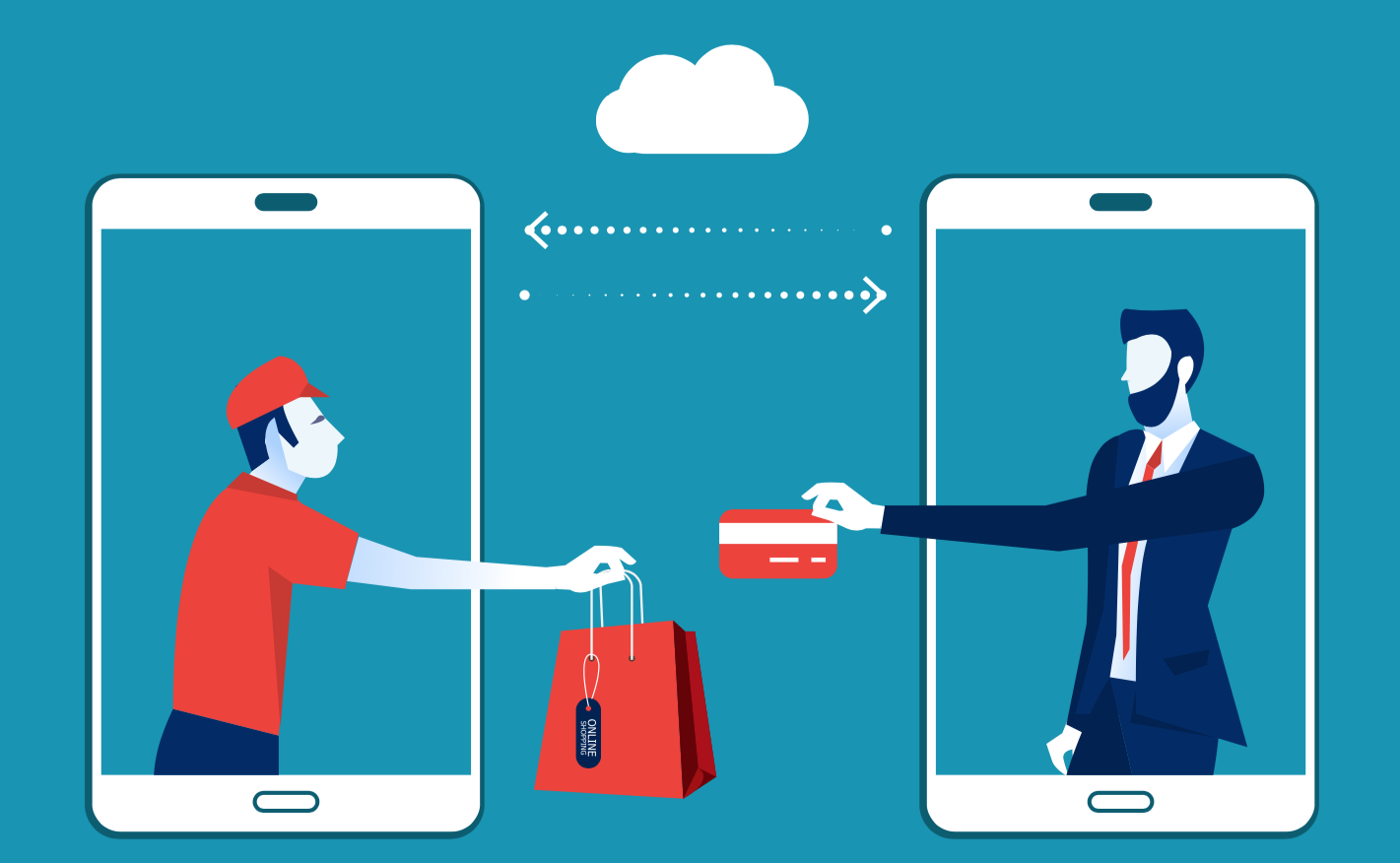We all know the names: ezCater, Grubhub, Door Dash, UberEats, Postmates. Why are they referred to as “Third-Party Delivery Services?” Delivery is only part of the service. I prefer to call them “Third-Party Delivery Portals,” and when they first appeared on the scene about a dozen years ago, we didn’t know what to make of them.
“They send me new business but take a cut—in some cases, a sizable cut—of the action.”
“Why are some of my clients starting to order through them?”
“They don’t get it. They can’t send us orders at 11:00 a.m. [as some did in the early years] and expect us to fill them by noon!”
After initially trying to ignore their existence, and then wishing them away, over time it became apparent they were not a passing fad.
Today, they have become a force. And, these companies can be a resource to channel new business your way, as you gain an instant bandwidth of exposure and a market share you might otherwise not have.

Fast forward
Over the last decade, the landscape has changed significantly. Some industry analysts have referred to the Third-Party Delivery Portals as “arguably one of the greatest disruptors caterers and restaurants have encountered over the last decade.”
An October 2018 industry report from Morningstar states, “When all is said and done, we believe the rise of delivery/off-premise solutions will go down as one of the most meaningful industry developments over the past 20 years.”
Investment banking firm Cowen and Company predicts, “The U.S. food delivery market will grow from $43 billion to $76 billion by 2022.”
Some of the players
• ezCater is a revenue stream provider for over 67,000 restaurants and caterers across the country.
• Grubhub reported $5.1 billion in food sales in 2018, a 34% increase from 2017, and serves $17.7 million customers
• UberEats expects to deliver $10 billion worth of food in 36 countries this year, up from $6 billion in 2018
• DoorDash remains the leading food delivery service in the United States, as of June 2019
• Postmates operates in 2,940 U.S. cities, as of February 2019
See Michael Rosman at Catersource! Registration is NOW OPEN for Catersource 2020, co-located with The Special Event! Click here for more information or to register!
The case for keeping delivery in house
While some foodservice operators have aggressively chosen to take the plunge and engage with as many third-party delivery portals as possible, it’s important to remember that significant complications can occur with outsourcing delivery. Most notably, losing direct control of the customer experience.
Michele Vance, Chief Sales Officer with Service Management Group, who has been measuring customer experience for 30 years, notes, “As demand for food delivery continues to grow aggressively, so does problem resolution for the food providers.”
In fact, via a recent ezCater webinar, it was reported that, “Of restaurant leaders who report growing catering sales, 91% are making investments to address key challenges to running a catering program.”
The two most significant negative impact issues voiced by clients are:
• Inaccuracy of orders
• Late delivery
Trust me, the last thing you want to say to your client is, “we can’t control their delivery issues.” Perception is reality. Not only are consumers three times less likely to order from your business after a problem occurs, they are much more likely to blame the brand (your business), rather than the delivery provider.
Though many corporate caterers, cafes, and restaurants, (including some large chains), have decided to jump on board, some of the major players; Panera Bread, Jimmy John's, and Domino's have decided to invest in their own delivery platform, the primary reason being, “protecting their brand and their reputation.”
Make no doubt; these third-party delivery portals are in business to make money. “They cost too much to use,” is something I hear almost daily from members of The Corporate Caterer’s community. Most charge between 12% to as much as 30% in commission fees, sometimes in addition to delivery charges to the client. For many independent operators, it becomes cost prohibitive.
With 30-something years of experience in the catering battlefield, I preach the single most crucial component of becoming a “player” in your market is to build a base of repeat business continually.
Your own delivery staff can become the faces of your operation. Having your own staff delivering to your corporate accounts regularly is very comforting for many clients. This is how relationships are built. Your delivery crew knows how “their customers” like things done, set-up procedures, and the do’s and don’ts of the companies where they deliver. This component can be a centerpiece in building repeat business.
What happens when a third-party delivery driver shows up at your client's office and has a Caesar salad for 20 people, but no Caesar dressing? Does the delivery person notice? Do they care? Do they proactively take steps to fix the problem as your own delivery staff would?
What is the policy (assuming they have a policy), if they’re going to be 10 minutes late for a delivery? Do they call your client to give them a heads-up?
How do they present? Are they polished and professional? Or do they show up looking like an unmade bed?
Most importantly, how do they interact with your clients?
Do your homework
Investing in a third-party delivery portal should be given careful consideration and research. A good reputation for excellent customer service should be at the top of your list. Check feedback on Facebook and customer review websites such as Sitejabber and Trust Pilot. Interview the service providers in your area. Ask for customer satisfaction and delivery time statistics. Inquire about their employee screening procedures, on-boarding process, and how they handle customer complaints. This is valuable information that will help to narrow down the right fit for your business.



